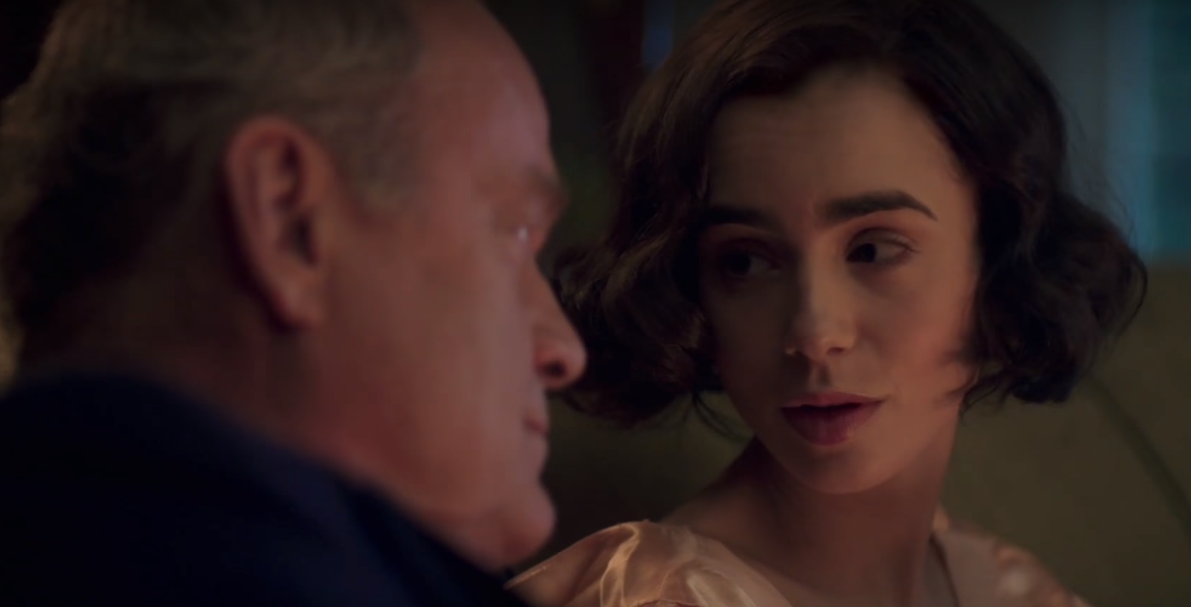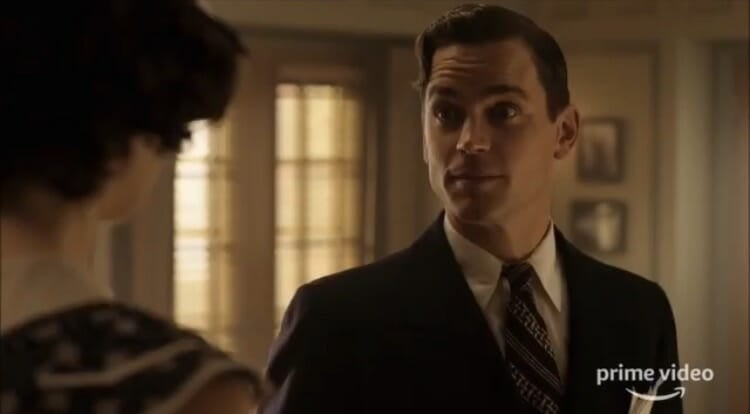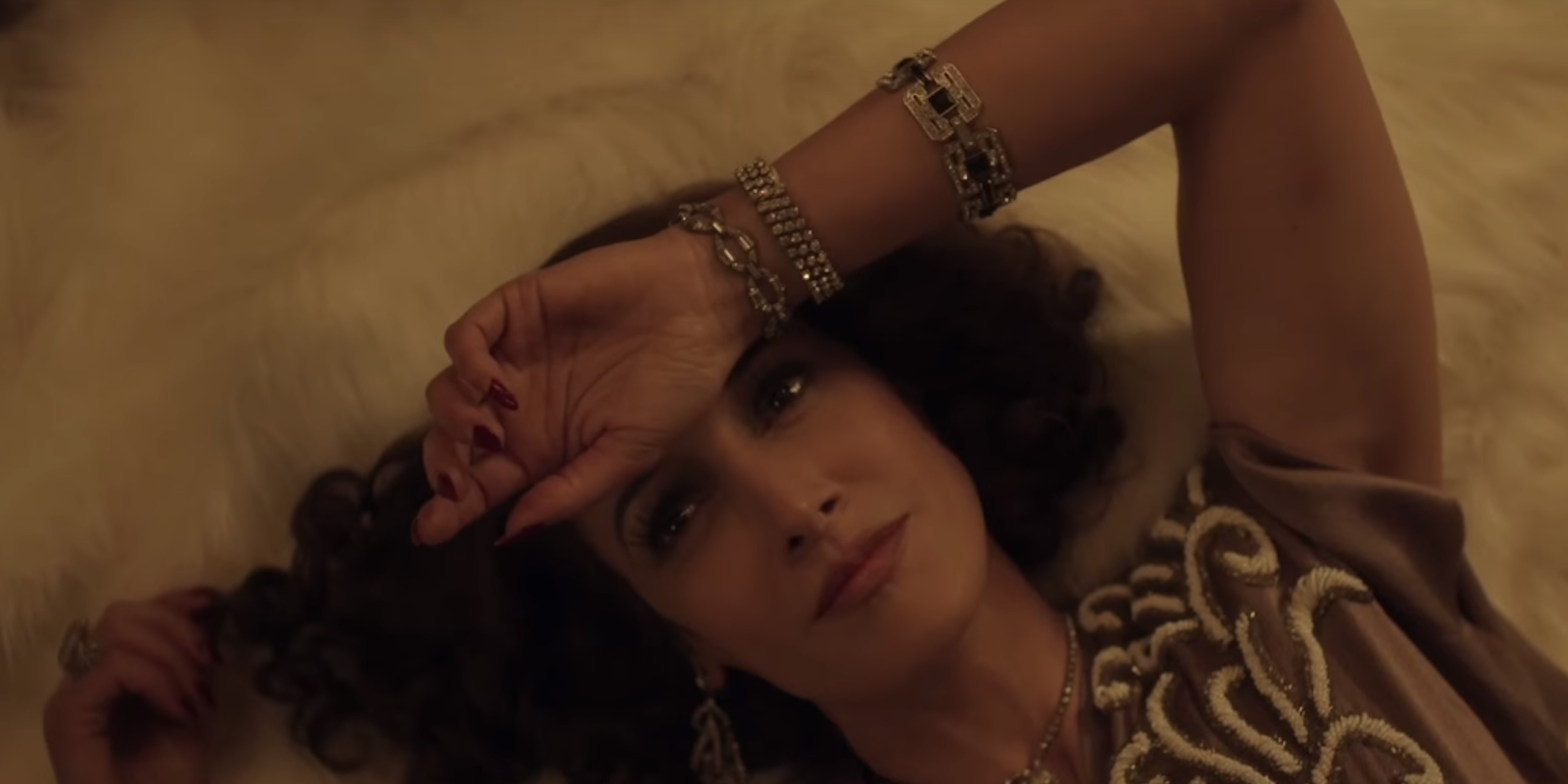There isn’t one particular scene, story, bit of dialogue, or creative choice that makes Amazon’s The Last Tycoon a clunker. It’s just thoroughly boring.
The Last Tycoon is all window dressing with little substance, which is a shame because its first episode dazzled last year. During Amazon’s pilot season, which offers viewers new pilots and asks for feedback, Tycoon earned enough buzz to warrant a full series order. Loosely based on an unfinished F. Scott Fitzgerald novel set in the glamorous world of 1930s Hollywood, the series follows the rivalry between movie producer Monroe Stahr (Matt Bomer) and his studio boss Pat Brady (Kelsey Grammer). The two men maneuver between personal and professional dramas, putting out one fire after another. Monroe zips around sets and offices, courting actors and dealing with the money men. It’s not particularly thrilling stuff, but it’s amusing enough—at first.

Then there’s the personal drama. Monroe is haunted by his dead love, Minna (Jessica De Gouw). He watches old footage of her and sobs in empty screening rooms. He has a stack of scripts they were supposed to make, but never will. He can’t look at actresses without wishing they were Minna instead. It’s the most compelling aspect of the show.
How could it not be? Pat is a dud of a character: a powerful man seeking more power. Oh, and Pat’s courtship of a famous actress includes requisite sexual overtures. Between generic tropes and obvious plotting, Pat is sunk by nearly every creative choice. Pat also has an ambitious, enthusiastic daughter, Celia (Lily Collins), who is dead set on working in the movies. Did I mention Pat and Monroe have a father-son relationship? Take a wild guess as to who takes Celia under their wing.
The time period provides interesting context for the show. Between the Depression and looming involvement in World War II, the show is rife with potential. But it feels untapped, or more accurately, not fully capitalized upon. Monroe has numerous meetings where the powers that be tell him to change Jewish names in his pictures. Or do other things to not offend the German market. We even get to see Monroe and Celia work on a movie called Brinel, a subversive film that will stick it to the Germans. This sub-plot finds the characters at their most authentic and enjoyable.

There’s a disconnect between the performances and the characters that leads to a lot of hollow scenes. Grammer is reliably gruff and intimidating, but he can do that in his sleep. The problem is that the writers don’t ask him to do anything challenging. Bomer injects a longing that is potent and unmistakable, but that energy goes nowhere. Collins is great in the recent Netflix film To the Bone, but the work here is less convincing: Celia’s energy and upbeat demeanor sets her apart, but Collins’ performance is weightless.
The production design effort to replicate old Hollywood studio lots is impressive and occasionally immersive. Between the costumes and the set dressings, The Last Tycoon is fun to look at. But pretty sights only carry you so far. As my frustrations with the show grew, my patience for for the visuals dwindled. When the plot is a non-starter, you can keep the lush settings and star-studded cast.


